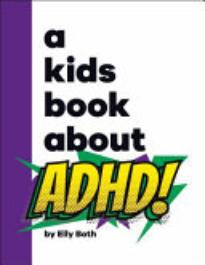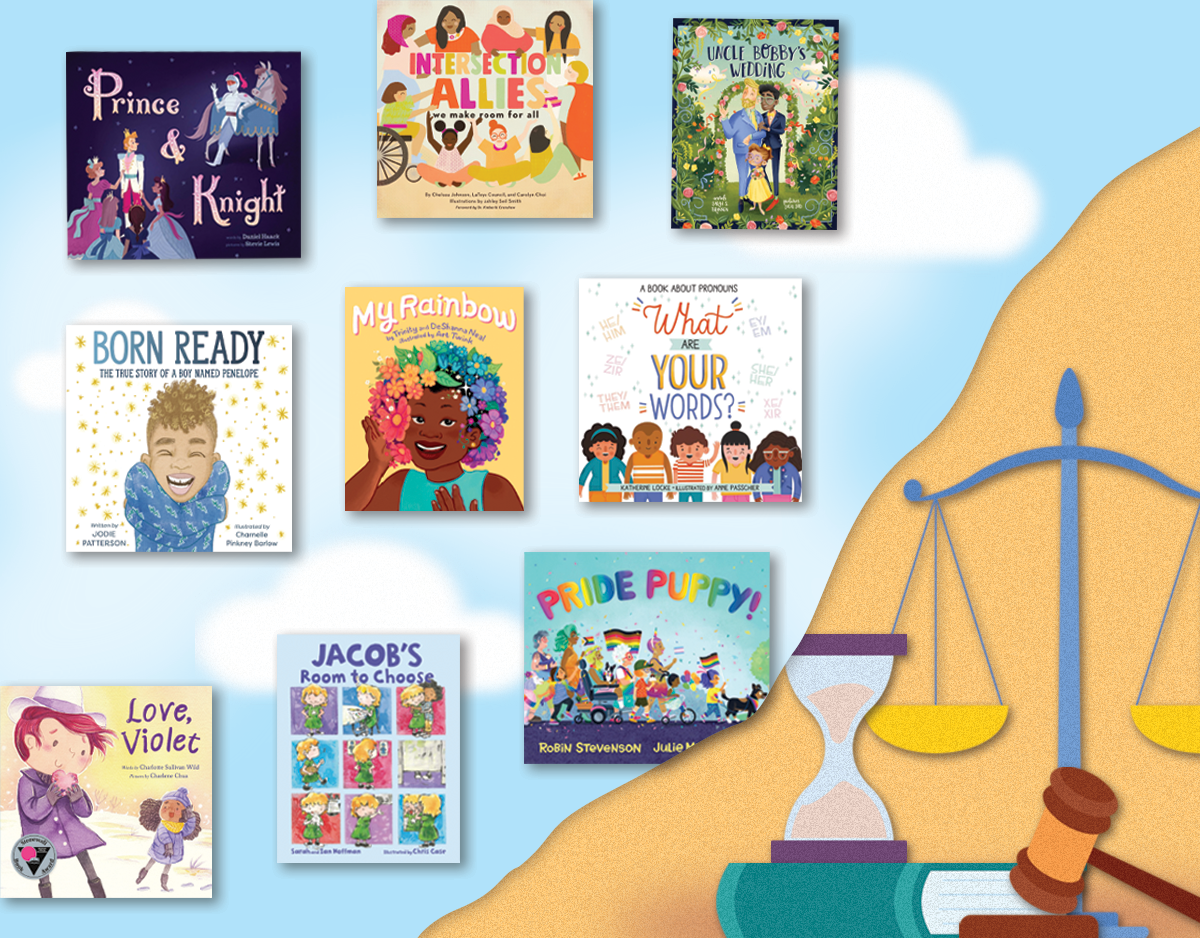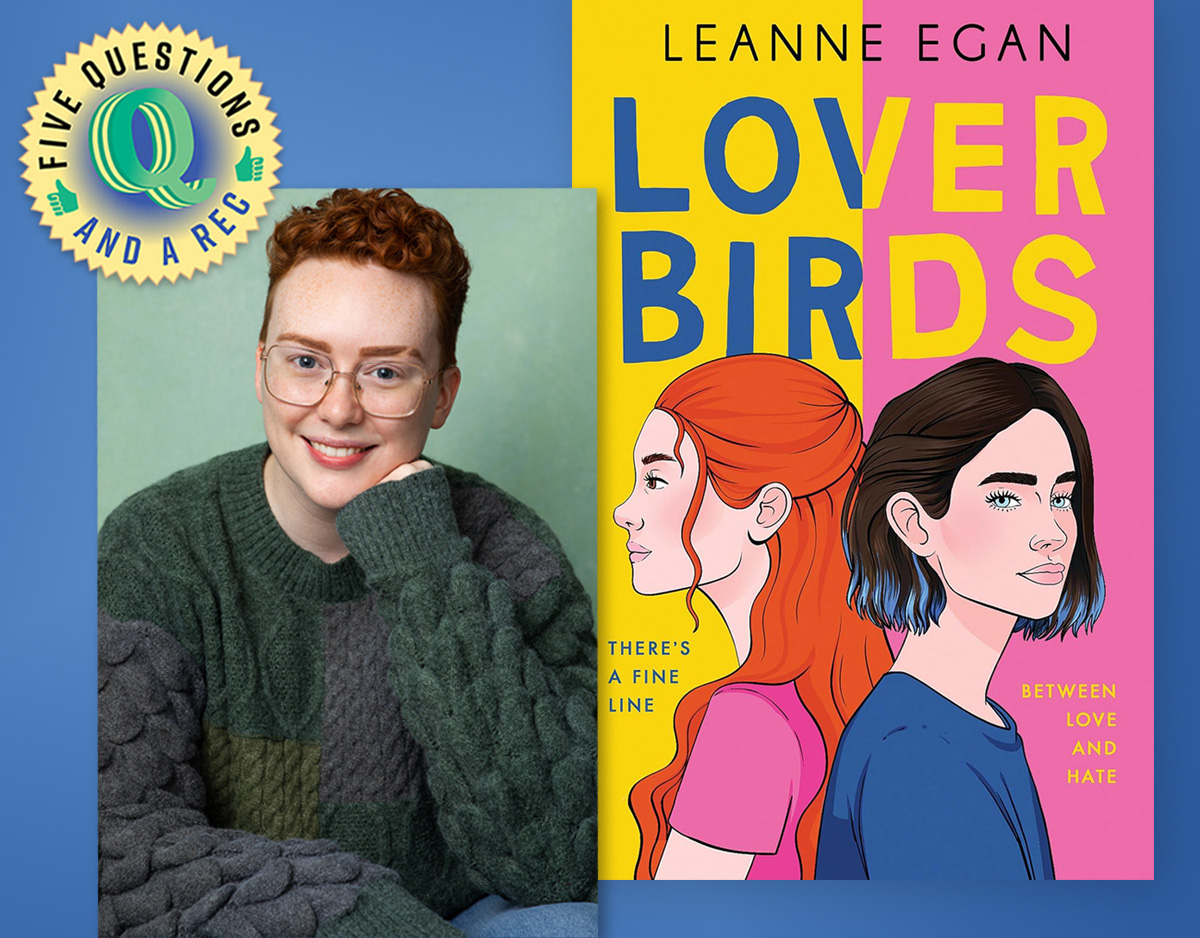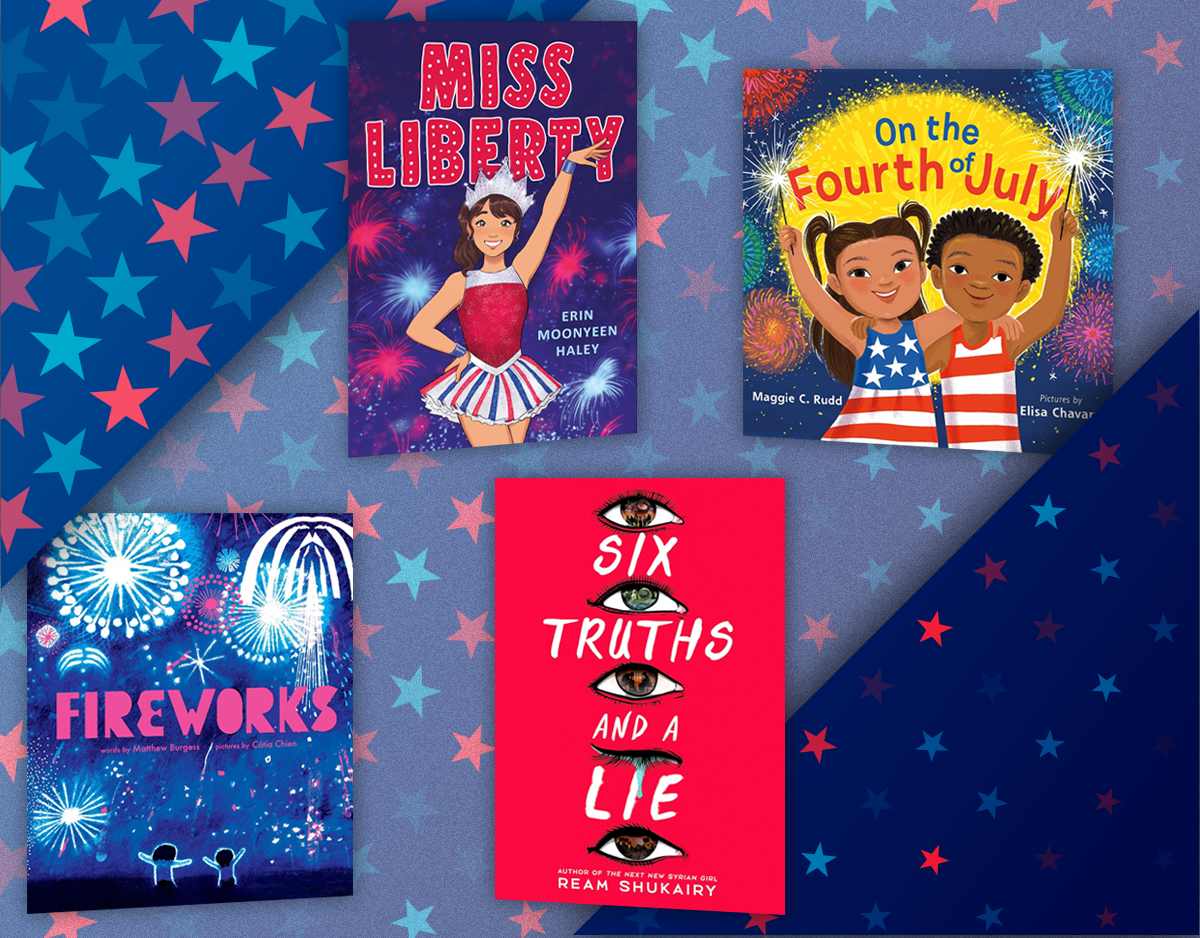SCROLL DOWN TO READ THE POST
It’s All About Who You Know

Last week, I was lucky enough to host Paolo Bacigalupi at my school. He addressed a crowd of mostly high school students, and he, not to put too fine a point on it, rocked. He was kinetic and energetic, brought the audience right in, and had lots of interesting things to say.
And while I could devote a whole post to the awesomeness of the visit, what I really want to talk about is a very particular brand of baggage.
Last year, Sarah and I gave some thought to baggage, and ultimately concluded that it’s all ok because the committee ameliorates the idiocy of the individual.
(Have you noticed that this is an oft sung refrain? Committee work makes you really really believe in committees working, once you’ve experienced it working and seen how astounding it can be.)
ADVERTISEMENT
ADVERTISEMENT
We were looking at the baggage a reader carries, which is the obvious one. But there’s also the baggage that the author brings on board.
Among other things, Paolo (I can call him that after eating lunch with him, right?) talked about liking and being determined to write stories that are action packed and exciting and have explosions.
What??
The man who brought us Ship Breaker and now Drowned Cities (probably a nomination, so read it now if you haven’t already), those brilliant, thoughtful, big idea books, just wanted to bring us EXPLOSIONS??
In all fairness, I am slightly overstating things; he also spoke eloquently and intelligently about science fiction and data points and how he actually starts from these big ideas and then populates them, because if there isn’t some thematic depth he doesn’t want to tell that story. So it’s not all about the explosions after all, and he might have been playing the audience a bit although clearly he also meant it when he said a good read, in the most plot and paced based way, was really important to him.
But still, it got me thinking. And then I was thinking about The Name of the Star, which I briefly mentioned last year as being a Mary Poppins sort of book, although I had not yet catchphrased it so cunningly. I didn’t say anything else about it at the time, but the one thing that I didn’t love about that book (says she who put book 2 on her Goodreads to-read list the minute she finished book 1) was this occasional sense of Maureen Johnson’s voice peeking through.
Now, I don’t really know Maureen Johnson, although I’ve been lucky enough to meet her briefly a time or two. What I do know, and love, is her online presence. Her blog, her Twitter stream, her peculiar brand of humor, her zany mental gyrations, her love of and amusement for all things English. And occasionally I saw those things in Rory, the main character of Name. And it was a bit jarring.
I could go on with moments of unexpected collision between author and text and my reading, but those are two good examples for the point I am (slowly) getting at.
What we know about, or from, the creators of a text can be hugely influential to our thinking about the text.
And because it’s about the author, I find it harder to dismiss as just baggage. I mean, if Paolo says it’s all about the explosions, can I really, with a straight face, discuss the symbolism of the explosions?
Well, yes, of course I can. But what if John Corey Whaley was all, “Wait, you thought the woodpecker was symbolism? No, I just read an article and thought it would be, like, cool?” Could we still talk about the literary quality when the author has stated overtly that it was an accident? I think there is the possibility of an author’s word subsuming our interpretation, because it’s sort of like arguing with God (assuming you believe in a capital-G deity). You can do it, but can God (ahem, the author) be wrong?
(Probably uneccessary caveat: Obviously I don’t expect JCW will ever say anything like that, I was just reaching for an extreme example about a book most folks reading this know.)
And looked at the other way (and going back to example #2, Maureen Johnson): is it fair to dismiss some of the humor and insightful commentary in the book as being just that wacky and witty Maureen, and not give props to the character having those thoughts/making those funnies?Just because it comes from the mind of the author, does that mean it’s an authorial intrusion? Would that reading of the text have occurred to a reader who didn’t follow Maureen on Twitter, and if not, how can it be a relevant criticism? But in that case, how do we get past our response and unhear the author voice?
Do we just know too much, in this interconnected world? Can we ever be just readers (if such a thing even exists) when we know the authors, whether personally or via social media?
(John Green, I’m looking at you. I had so many requests for Fault from Nerdfighters who had never even read any of John’s books. And that’s an amazing kind of story too, but I think they might have read a different book than the one I read, since I don’t follow John Green online. They had a whole context. Baggage indeed, both their own and John’s.)
ADVERTISEMENT
ADVERTISEMENT
I don’t have any conclusions or answers, just a nagging sense that the blessing that is living in NYC, where things like the Teen Author Reading Festival take place, home of previews where special guests sing you a plot summary of their upcoming books, is also a curse. I am, like Cassandra, burdened with too much knowledge.
And also perhaps a bit melodramatic about it. But really, how do we read past what—or, more importantly, who—we know? (Or have seen on a stage or social network; “know” is almost as loaded as “friend” these days.) How does a reader in today’s hyperlinked world immerse him or herself only in a book without regard for the flotsam and jetsam of the real world?
And that’s not even getting into the very peculiar baggage of authors you actually know, as in hang about with, in real life and with real affection, and the additional complexities that can bring to critical reading.
First world problems, maybe, but our baggage is worth examining as we look at how we read in general and especially and how we read for quality, when unexamined baggage of any stripe can impair our careful consideration. What are you carrying, and how do you leave it behind?
Filed under: Process
About Karyn Silverman
Karyn Silverman is the High School Librarian and Educational Technology Department Chair at LREI, Little Red School House & Elisabeth Irwin High School (say that ten times fast!). Karyn has served on YALSA’s Quick Picks and Best Books committees and was a member of the 2009 Printz committee. She has reviewed for Kirkus and School Library Journal. She has a lot of opinions about almost everything, as long as all the things are books. Said opinions do not reflect the attitudes or opinions of SLJ, LREI, YALSA or any other institutions with which she is affiliated. Find her on Twitter @InfoWitch or e-mail her at karynsilverman at gmail dot com.
ADVERTISEMENT
SLJ Blog Network
One Star Review, Guess Who? (#217)
Modern Fairytales and Excessive Tresses: Corinna Luyken Talks The Arguers
Miss Camper | This Week’s Comics
Here Have Some YA Disability Pride
The Classroom Bookshelf is Moving
ADVERTISEMENT
ADVERTISEMENT







